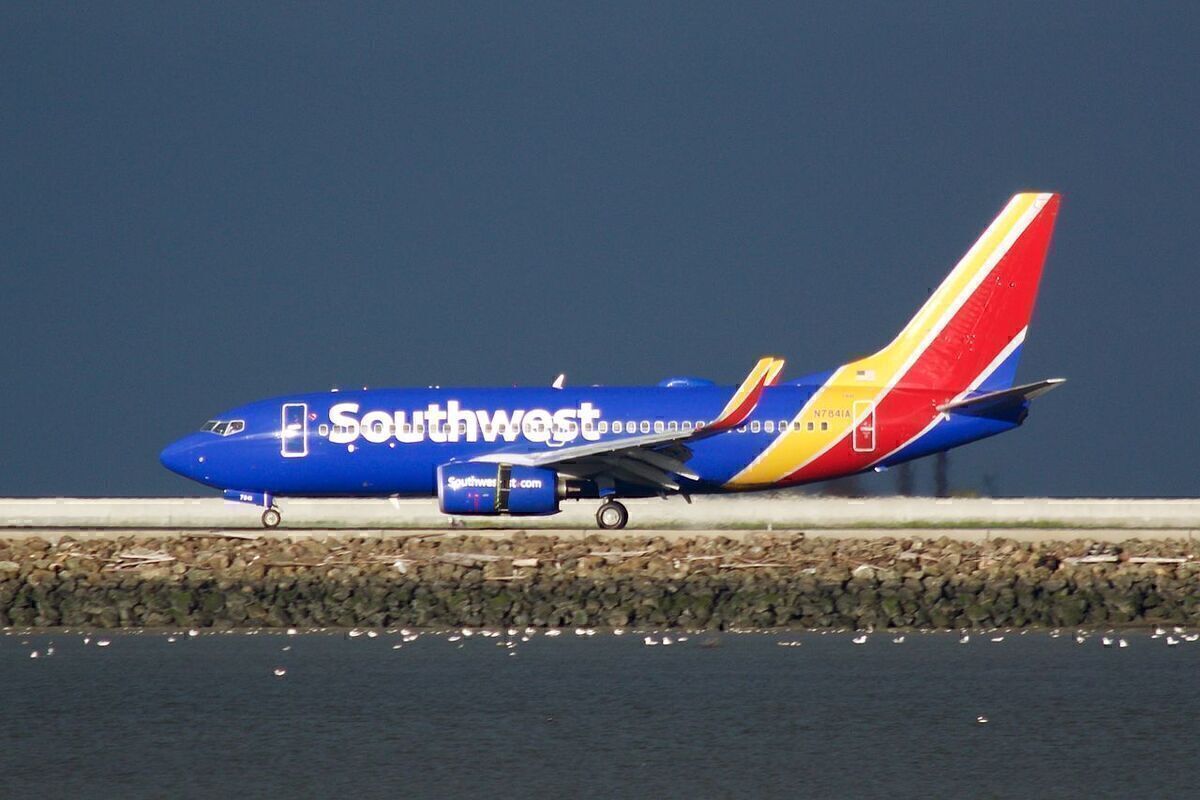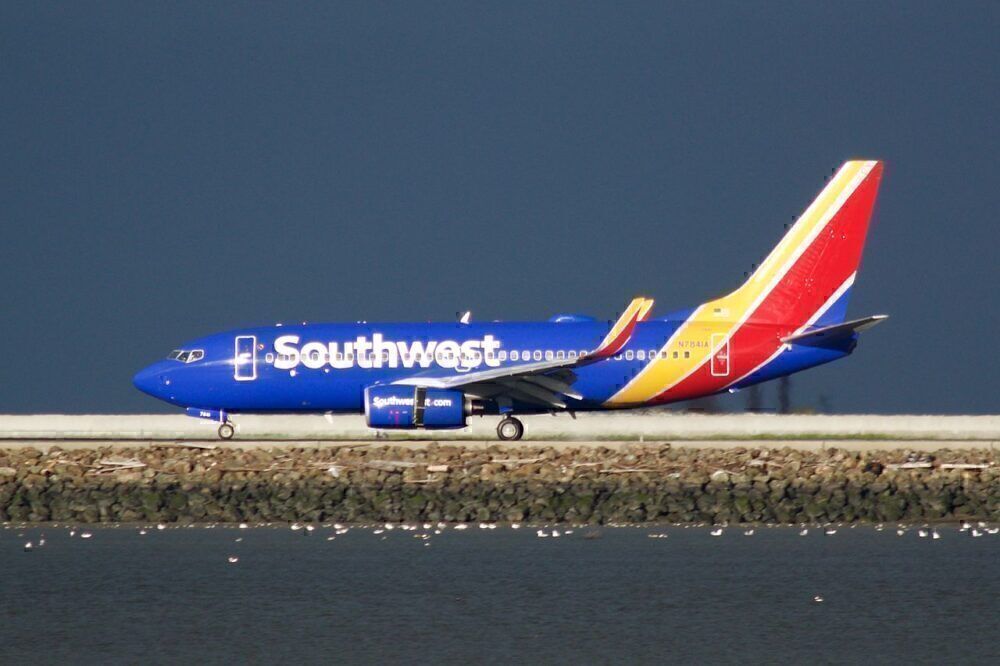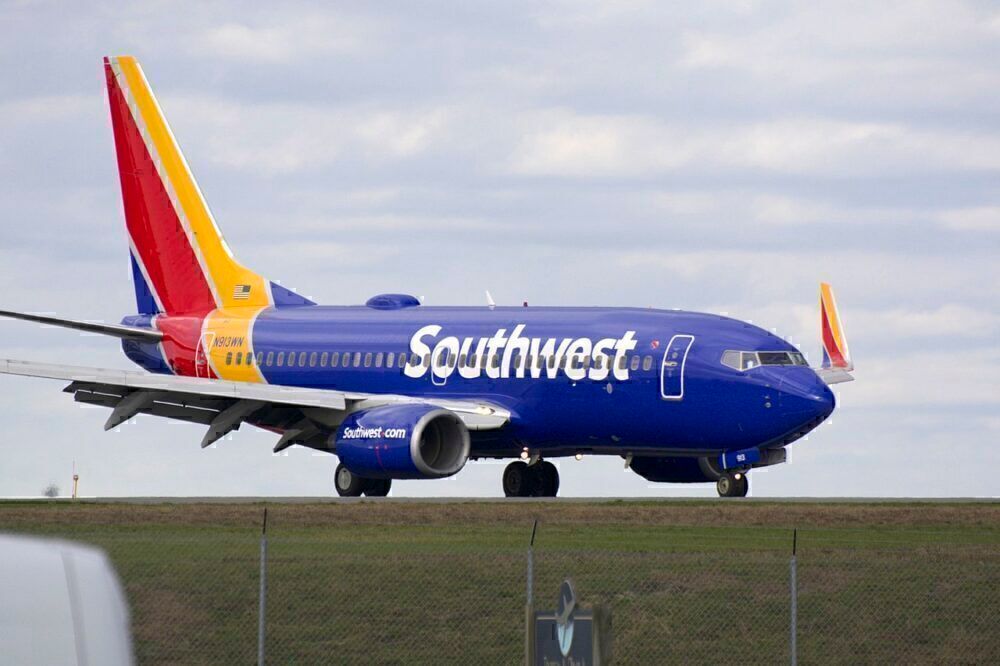Raising awareness of National Slavery and Human Trafficking Prevention Month, Southwest Airlines announced on January 14th that it is renewing its support of its efforts to eliminate Human Trafficking. The airline is announcing that it is launching an additional training curriculum for its employees, designed to bring greater awareness to the global problem of human trafficking.
As part of the airline's press release seen by Simple Flying, a Southwest executive provided the following statement:
"We're proud to introduce additional training for our Frontline Employees who are committed to supporting the Safety of our Customers and Employees throughout our operation...Southwest Airlines maintains long-standing community partnerships with organizations that are working hard to combat Human Trafficking and sexual misconduct, and we appreciate their guidance and work on these issues which, in turn, informs our training development. - Elizabeth Bryant, Vice President Southwest Airlines University
Southwest's new training curriculum
The airline says that its new training will update procedures for identifying and addressing suspected instances of Human Trafficking and sexual misconduct. This information will be added to the recurrent training curriculum for Customer-facing Employees; specifically, those Employees on Southwest's Inflight Operations, Flight Operations, and Ground Operations Teams.
The airline supports several programs and services aiding in prevention, rescue, and restoration efforts for Human Trafficking survivors. They include the following groups:
- Polaris
- United Against Human Trafficking
- It's a Penalty
- and Hoʻōla Nā Pua
In 2018 IATA launched its #EyesOpen campaign to raise awareness of air travel's role in human trafficking:
What is human trafficking?
To understand why Southwest is involved in combating this issue, it helps to understand what it is and how it is relevant, even in countries such as the United States.
According to the United Nations Office on Drug and Crime, human trafficking is made up of three components:
- The Act - which includes recruitment, transportation, transfer, harboring, or receipt of persons.
- The Means - which can be threats or use of force, coercion, abduction, fraud, deception, abuse of power or vulnerability, or giving payments or benefits to a person in control of the victim.
- The Purpose - which includes exploiting the prostitution of others, sexual exploitation, forced labor, slavery or similar practices, and the removal of organs.
As Forbes noted in 2018, airlines and their employees are often the last line of detection and defense against this problem, explaining that once victims get off airplanes, they "tend to disappear from society," making it difficult to trace and rescue victims.
The American Civil Liberties Union notes that an estimated 14,500 to 17,500 people are trafficked into the United States each year. However, these numbers do not include individuals trafficked within US borders.
It's been estimated that at least ten thousand people are working as forced laborers at any one time in the United States. These are almost exclusively immigrants and mostly immigrant women.
Do you think more airlines need to incorporate human trafficking awareness and detection into their employee training? Let us know your thoughts by leaving a comment.



